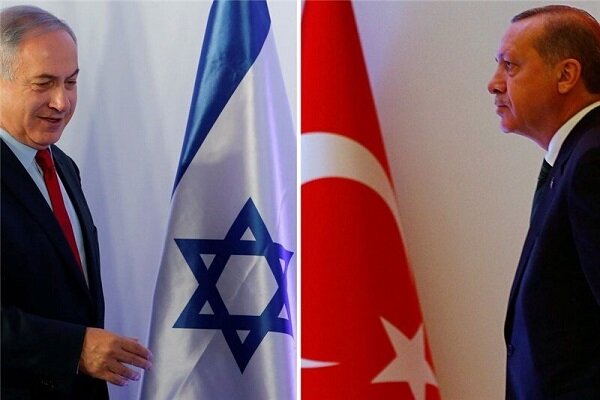Ankara and Tel Aviv’s confrontation in the land of the evening; Segregation of Syria on the agenda

reports
Zionist regime has seen Syria’s integrity and development as a major threat to itself, and it does not matter who prevails in Damascus. Regarding the current Syrian sovereignty, what has been more concerned about the Zionist enemy is Turkey’s influence through the army.
Tel Aviv has issued a joint statement issued by Prime Minister Benjamin Netanyahu, the Minister of War Katz, claiming his commitment to support the Syrian Dawrians and claiming that it would not allow the Syrian Gulfi regime to harm the Syrian.
Although Tel Aviv has not always hidden its incentives to disintegrate Syria, the recent actions of the regime reflect its direct political intervention to form a new Syrian and control hundreds of square kilometers of provinces. This intervention is not different from the developments in other parts of Syria and the role played by the Kurdish Democratic Forces in the Swedish region, as they are also trying to take control of coastal areas to make the autonomous state in the east of the country.
Julani’s reaction to Netanyahu and Katz’s joint statement that Druzi is an integral part of Syria and supported by the government, reflects Turkey and the Zionist regime in Syria.
Turkey hopes to fully resolve the issue of Kurdish democratic forces through the new Damascus rule, but also knows that the case is related to the presence of US forces in northeast Syria. While US President Donald Trump’s administration has so far made no mention of its positions, Israel appears to be a supporter of Kurdish forces in the area.
The Zionist regime, of course, is trying to bring Russia to its camp. Tel Aviv is trying to prevent Türkiye’s influence in Syria. Zionist media believe that Netanyahu’s recent military adviser to Moscow’s military adviser, Roman Kufman, has been trying to convey the message that Tel Aviv’s apparent positions are the preference of Russian interests in Syria to expand Turkey’s influence in the country.
Zionist newspaper Yediot Aharonot writes that some US officials realized Tel Aviv’s new stance on supporting Russia’s existence in Syria and realized that Tel Aviv could not believe that Turkey was better off.
Zionist now proposes to guarantee Russian military continuity in Syria, especially in coastal areas, to keep Turkey and its allies away from the region and maintain it as an impartial area.
Although the Turkish-Zionist relations in Syria have been tangible, unlike some analyzes, one cannot wait for military confrontation between the two sides in Syria, as the Ankara officials have explicitly stated that they are not looking for it.


